UK’s first electric ferry launches in Plymouth
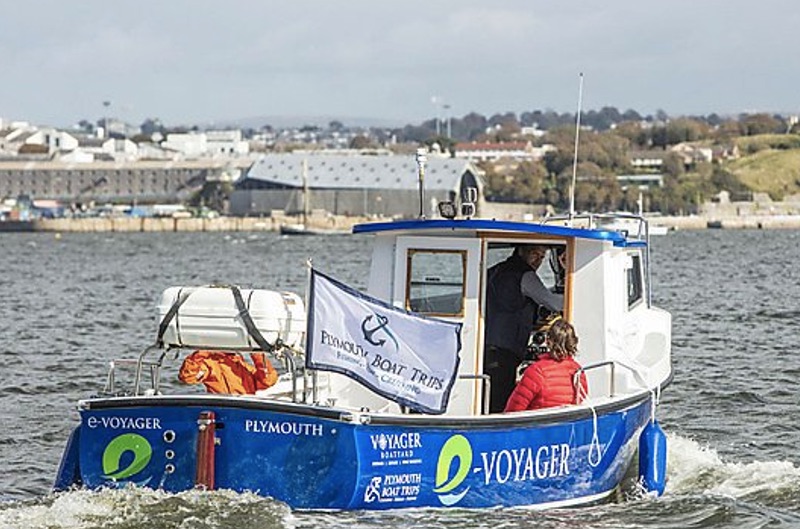
The UK’s first sea-going electric ferry has set sail for the first time in Plymouth. The e-Voyager is the result of a project designed to reduce the environmental impact of maritime transport.
Plymouth Boat Trips and Voyager Marine, Cornwall has partnered with the University of Plymouth, the University of Exeter, Teignbridge Propellers, MarRi-UK and EV Parts UK to make the project come to life.
Funded through the £1.4m Clean Maritime Call, a Maritime Research and Innovation UK (MarRI-UK) initiative supported by the Department for Transport (DfT), the project’s part of the UK’s goal of zero emission shipping.
The boat has been completely rebuilt over several months and will undergo rigorous trials – including assessments of its emissions – before it carries its first paying passengers in April 2021.
“It’s hugely exciting to see the launch of e-Voyager and the result of such a progressive collaboration to create a cleaner and more sustainable future for the marine industry,” says Andy Hurley, project leader for Plymouth Boat Trips and Voyager Marine.
“Through developing the technology and maritime applications, Voyager Marine is helping to place Plymouth and the South West as UK leaders in the conversion and new build of zero-carbon, fully electric commercial vessels.”
Voyager Marine will offer the complete package of design, installation and maintenance of sea-going, electric vessels.
The e-Voyager is powered by repurposed, Nissan Leaf batteries, meaning they will need almost no maintenance and have clear commercial benefits for businesses in the marine sector. Scientists from the University of Plymouth carried out research during the build, measuring emissions including noise pollution, air pollution and fuel consumption.
Engineering technology company EV Parts has installed an advanced electric motor, together with fly-by-wire controls, to replace the traditional diesel engine, a process which will be directly transferable in under 24m commercial vessels.
Plymouth City Council will install three 22 kWh chargers on the Barbican Landing Stage, meaning it will take under three hours to achieve a full charge.
The vessel will be charged overnight when berthing, providing enough power to run for a full day and complete its journey requirements on a single charge. If required, the boat will plug in and recharge between runs as passengers embark.
e-Voyager will also be the first vessel to have been recognised by both the MCA and a Classification Society as satisfying the exacting standards of both organisations.
The project partners are now progressing to the conversion of larger passenger vessels in Plymouth Boat Trips’ fleet of cruise boats and ferries, operating within Plymouth Sound, along with the new build of similar vessels.

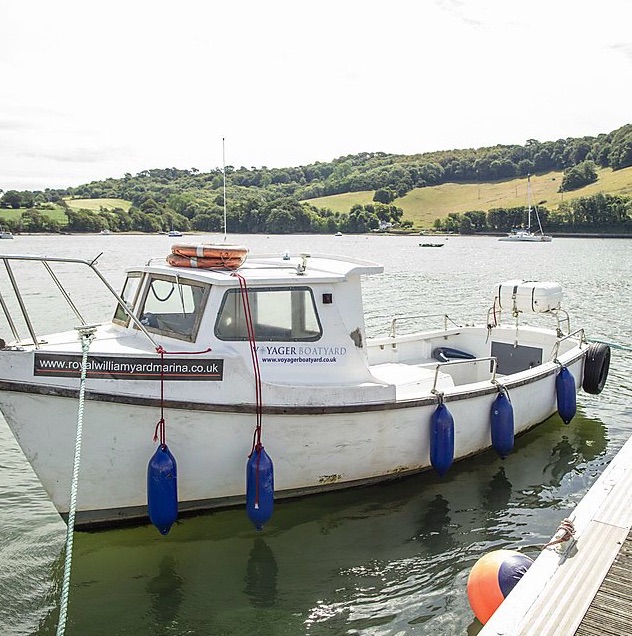
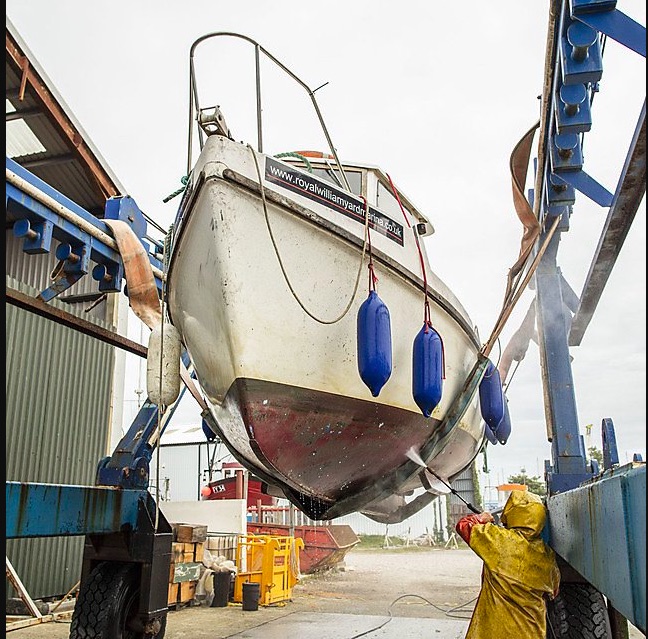
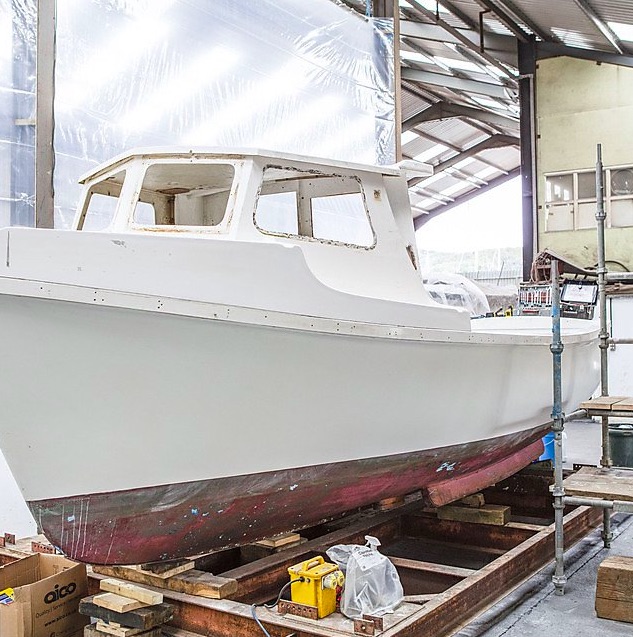
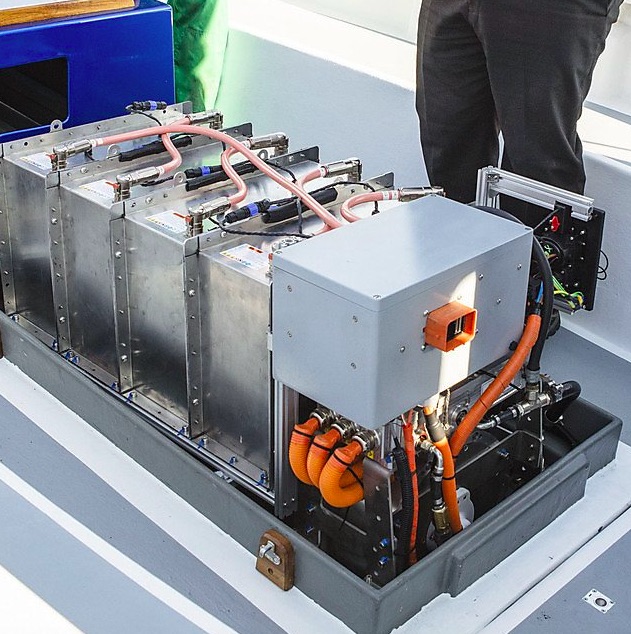
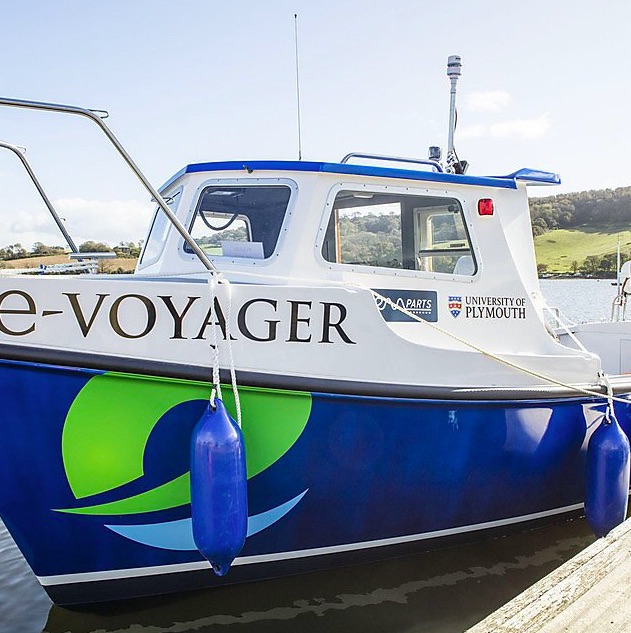

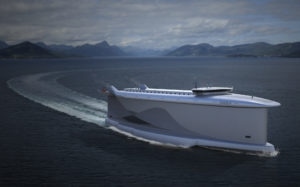








this is great but how many knots will it do and will it be ok for fishing out at sea as im a boat angler and how long would the power last thanks